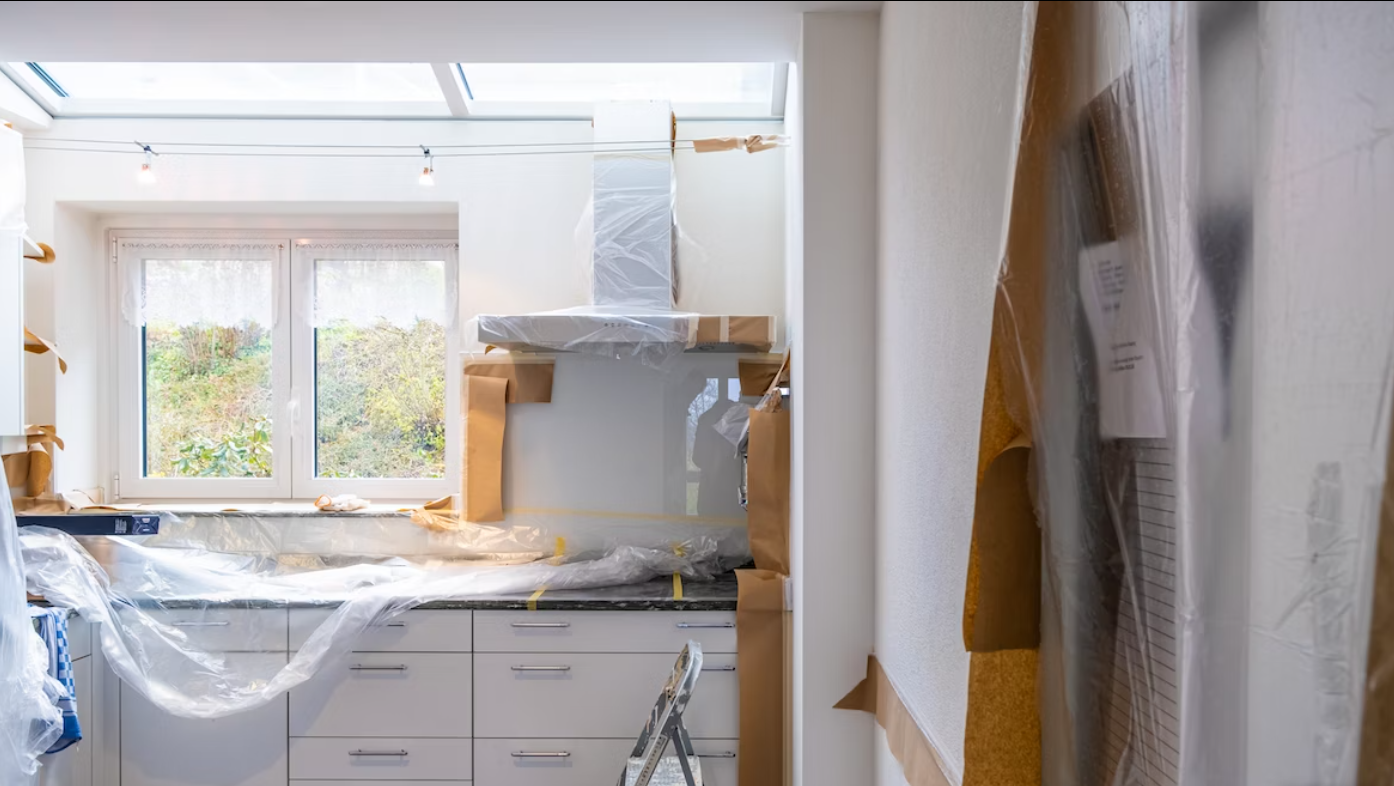
At one point or another, every homeowner will need to conduct repairs on their home. When that time comes, you don’t want to be ill-equipped to take on the task. This article will teach you everything you need to know before conducting home repairs. You’ll learn how much home repairs often cost, how long they take, and more.
Things to Consider During Home Repairs
When it comes to home repairs, careful planning and consideration are your keys to success. Below is a list of important things to consider during home repairs:
1. Prioritize Projects
Not all repairs are equally urgent. Some may need immediate attention, like handling water damage, while others might be aesthetic improvements that can wait. Assessing your home and determining what needs fixing is the first step.
Create a to-do list and arrange the tasks in order of importance. This will help you tackle what’s most important first while less urgent matters can be scheduled later.
2. Set a Budget
Knowing how much you’re willing to spend helps you plan and prevent unnecessary financial strain. Analyze the cost of materials, labor, and unexpected expenses to form a realistic budget. If costs exceed your savings, taking out personal loans might be a wise solution. Financing options like personal loans can provide the necessary funds to complete the repairs without derailing your financial stability.
3. Draw up an Airtight Contract
If you’re working with contractors, it’s vital to ensure you have a clear and concise contract. Outline the scope of work, materials needed, timeline, and payment terms. Specify everything you expect from the contractor, from daily clean-up to the handling of permits. A well-drafted contract protects both parties and helps prevent misunderstandings that can lead to delays or disputes.
4. Keep Inventory of Your Belongings
Renovations and repairs can create chaos in your living space. Creating an inventory with detailed descriptions and photographs of your possessions will help you stay organized. It also ensures that your items are safe during the renovation process. Consider moving valuable or delicate items into storage or a safe area in your home to prevent damage.
5. Beware of Scams
Unfortunately, scams are prevalent in the home repair industry. They often appear after natural disasters or in spring when home repairs are common.
Look for legitimate contractors with a strong reputation. Check online reviews, ask for references, and verify credentials to avoid falling victim to fraudulent schemes. Trust your instincts and do thorough research to ensure that you’re working with an honest and competent professional.
How Much Are Home Repairs?
Preventative maintenance is one of the best ways to lower the frequency and severity of costly home repairs. But when unexpected problems arise, they can cost thousands of dollars.
Evaluating your home’s weak spots helps you plan ahead and include certain repairs in your budget. Below is a roundup of the most common home repairs and their cost:
| Common Home Repairs | Estimated Costs |
| Foundation Repair | $2,000–$7,500; up to $25,000 |
| Electrical Issues | $100–$400 for minor work; $2,500 for panel replacement |
| Roof Repair | $950; $8,000 for full roof replacement |
| Repair or Replace a Water Heater | $600; $1,700 to replace |
| Water Damage | $2,600 |
| Repair Pipes or Install New Pipes | $600–$1,600 per fixture; $5,000 for new sewer line |
| Septic System Repair | $1,750; $6,000 for new installation |
| Heating or Air Conditioning Repair | $350 for AC repair; $4,500 for furnace installation |
| Mold Removal | $2,350 |
| Termite Damage | $575 for treatment; $3,000 to repair damage |
How Often Should You Conduct Home Repairs?
Aim to conduct minor repairs and check-ups annually. This might include tasks like repainting, gutter cleaning, or checking for leaks. More significant issues like roofing or structural concerns might need attention every few years.
Regular inspections can uncover these issues before they become severe, saving you time and money in the long run. Having a scheduled maintenance plan can remind you of seasonal tasks that might otherwise be forgotten, such as preparing your home for winter or spring cleaning.
Benefits of Home Maintenance Plans
Investing in regular home maintenance offers various benefits that go beyond appearance and functionality. Let’s take a look at a couple of them below:
- Aesthetic Preservation: Regular tasks like painting and landscaping keep your home looking fresh and inviting.
- Enhancing Safety: Routine checks on systems such as electrical, roofing, and plumbing prevent accidents and ensure your home remains safe.
- Boosting Efficiency: Activities like sealing drafts and servicing heating and cooling systems promote energy efficiency, reducing bills and benefiting the environment.
- Increasing Property Value: Maintaining your home well increases its market value, offering financial advantages when you decide to sell.
- Preventing Major Repairs: By addressing small issues before they escalate, you avoid significant and costly repairs later on.
- Improving Quality of Life: Regular upkeep contributes to a comfortable and functional living environment, enhancing your overall quality of life.
Final Thoughts
Home repairs and maintenance aren’t just routine tasks; they’re investments in your living space and well-being. From budgeting to addressing common concerns, each decision shapes a safe and inviting home. Embrace these principles and ensure your home continues to be the nurturing haven it should be. Make those informed decisions today and enjoy the rewards for years to come.
